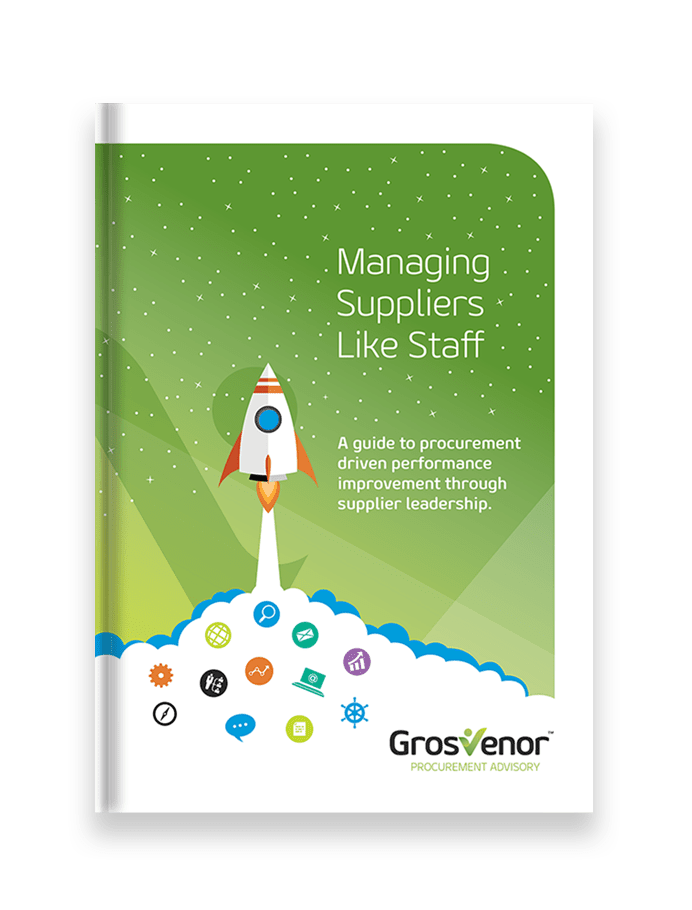What’s the difference between suppliers and employees when it comes to motivating for high performance?

As it turns out – nothing!
When you think about it, why would or should it be any different: in both situations we are talking about the motivation of human beings.
Most organisations invest in the development of their employees to gain optimal performance from their workforce.
They teach all the soft skills required to motivate a team of employees: what works, what doesn’t, covering everything from psychology to communication and then some.
It’s generally accepted that overbearing, dictatorial or master servant type management styles are a thing of the past and a sure-fire way to disenfranchise the workforce.
Yes, remuneration is a performance factor, particularly if incentive based. But it’s not number one. And could you ever imagine financially punishing an employee if they didn’t meet performance targets?
Why then do the same organisations still apply those old school tactics to the management of their suppliers? There are still so many buyers out there who in fact don’t manage the performance of their suppliers at all.
Probably because that’s the way things have been done and the power the buyer (master) has traditionally had over the supplier (servant).
Now imagine an organisation that embraces the modern approach to people management and applies it to the management of their suppliers. They would motivate, develop and challenge their suppliers, working in a cooperative environment. The results? Innovation, good relationships and 29% higher performance!








 We are all about sharing our expertise to help you and your organisation be the best it can be.
We are all about sharing our expertise to help you and your organisation be the best it can be.